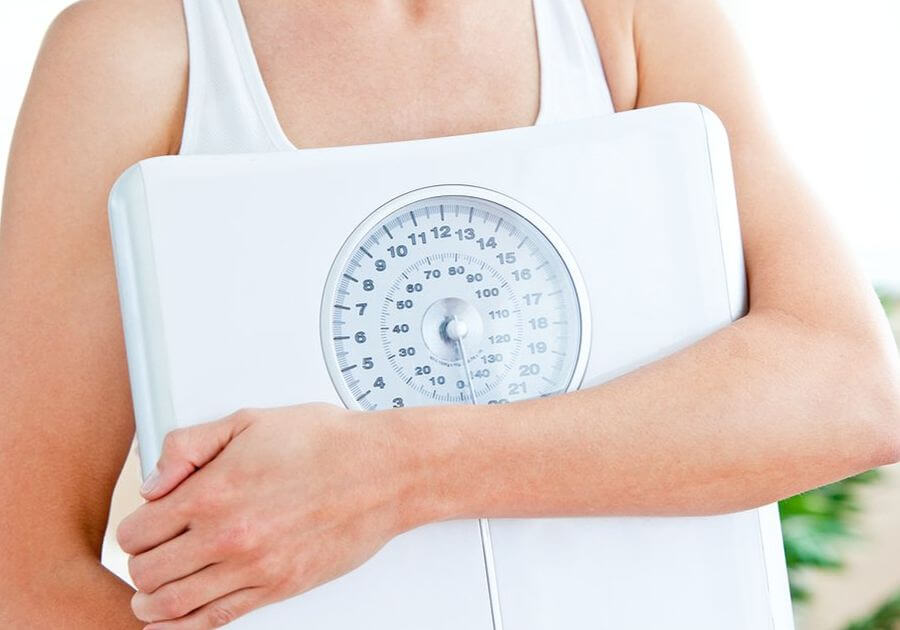
How do I know if I have PCOS?

As with other health conditions, it's difficult to know if you have PCOS unless you know what to look for. Even then, if you're concerned that you may have PCOS, your best bet is to check with your doctor to find out for sure. Here, we will break down all of the symptoms associated with PCOS and what they mean so you know whether or not you should check in with your physician.
-
Irregular period: Women with PCOS experience irregularities in ovulation, leading them to often times miss or have fewer periods. Women with PCOS tend to have less than 8 periods per year and some even stop having periods all together. Heavy bleeding during your period can also be a symptom of PCOS. Since the uterine wall builds up over time during a missed period, women may find that the next time they get a period their bleeding is much heavier than normal.

- Excess hair growth: With PCOS, the ovaries produce excess amounts of androgens, which are male hormones. This is why women with PCOS will often see excess hair growth in the places men grow hair, such as the face, chin and back. This condition is called "Hirsutism" and 70% of women with PCOS identified this as one of their symptoms.
- Weight gain: Research shows that 80% of women with PCOS experience weight gain or difficulty losing weight. PCOS makes it more difficult for the body to utilize insulin, which is the hormone released to help convert glucose into energy. In turn, insulin and glucose levels build up in the blood stream, which as a result causes the body to produce more androgens (male hormones). This build up of male hormones can trigger weight gain, especially around the abdoment. For this reason, many women with PCOS identify as being more "apple-shaped" as opposed to the typical "pear-shape".


- Darkening of the skin: Women with PCOS often experience thickening and darkening of the skin near body creases like the neck, underneath the breasts, and in the groin area. This condition is known as "Acanthosis Nigrigans" and is a direct result of the insulin resistance associated with PCOS. This is typically the first sign of an endocrine disorder.
- Oily skin or acne: PCOS can wreak havok on the skin due to the imbalance in hormones. Many women find that they are more proned to acne on their face, chest and back due to PCOS. It is also common to experience excess oil production.
Just like with any other condition, it's important to receive a diagnosis before you work on treatment. Once you know for sure that you have PCOS, working with a nutritionist or dietitian can help you learn how to better manage your condition and alleviate some of your symptoms.

Kaitlyn Willwerth is a Registered Dietitian at OnPoint Nutrition. Kaitlyn's work focuses on providing individualized health and lifestyle coaching and, most importantly, support. She is a Certified LEAP Therapist and has also completed the Monash University 'Low FODMAP Diet for IBS' online training course for health professionals.




